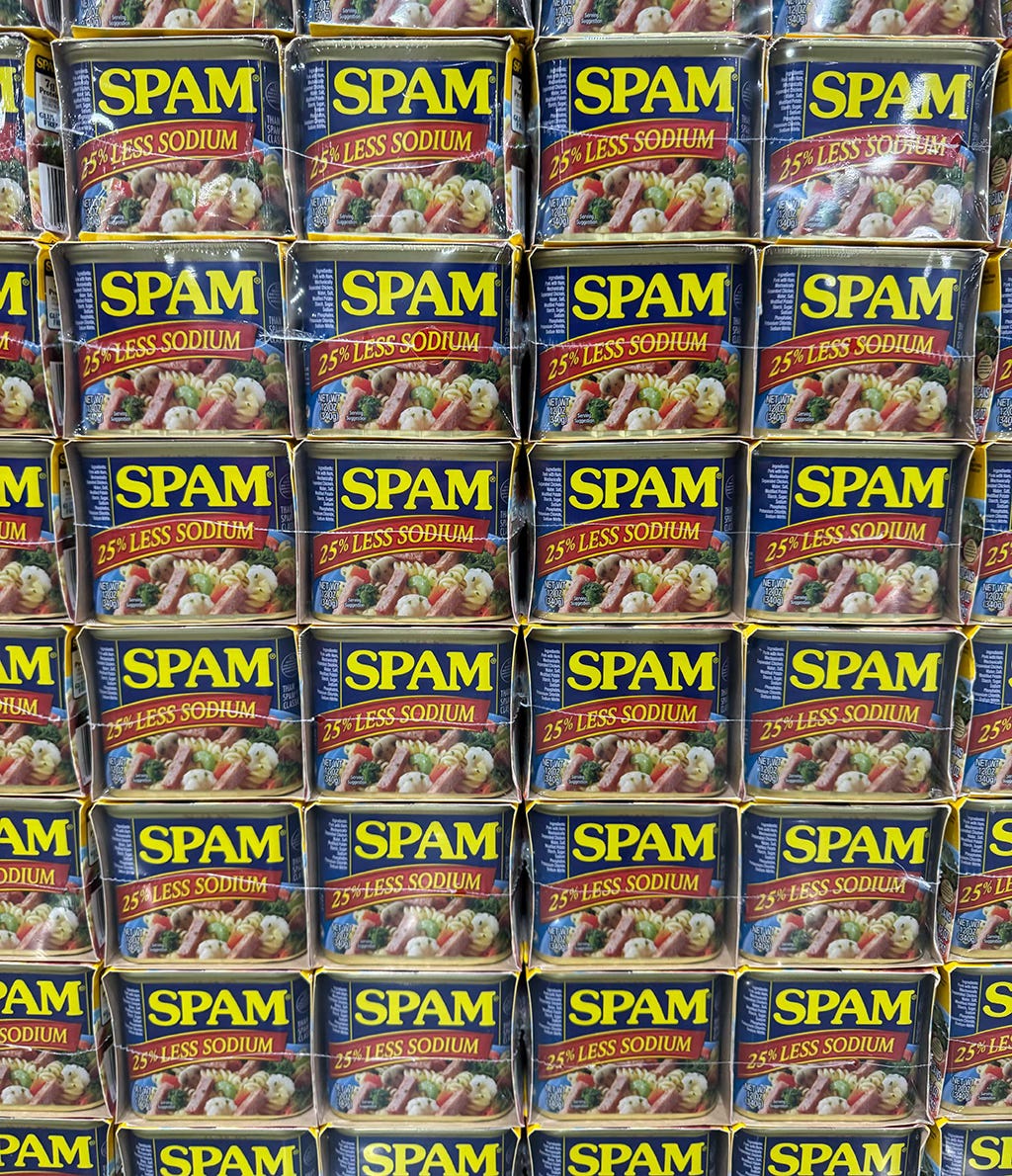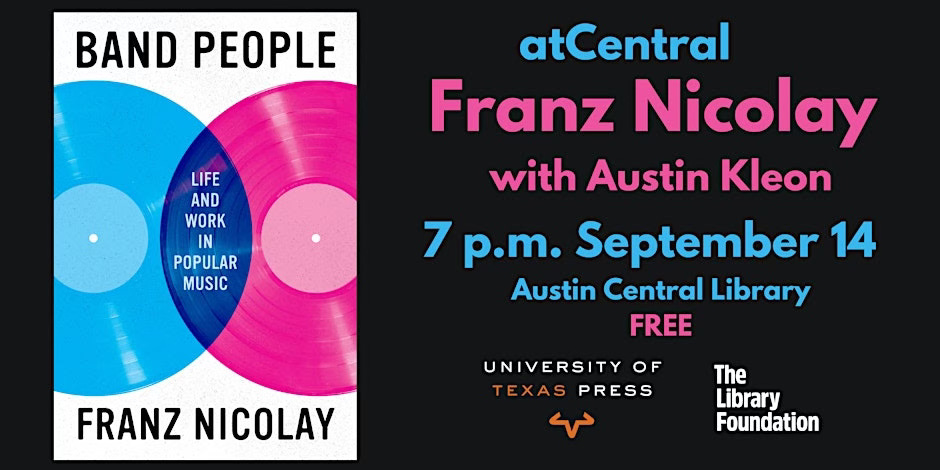
Next Saturday I’m interviewing Franz Nicolay about his new book, Band People: Life and Work in Popular Music at the Austin Public Library. Details here.
Here are 10 other things I thought were worth sharing this week:
In Clive James’ Cultural Amnesia, he wrote that one way you can distinguish the creative impulse from the destructive one is “by its propensity to increase the variety of the created world rather than reduce it.” I’ve taken to asking of the cultural items I come across: Does this increase the variety of the world or reduce it? (A cousin to one of my favorite questions: “Will this enlarge me or diminish me?”)
I thought of James when I read this quote by writer Ted Chiang on whether A.I. is capable of making art: “The task that generative A.I. has been most successful at is lowering our expectations, both of the things we read and of ourselves when we write anything for others to read. It is a fundamentally dehumanizing technology because it treats us as less than what we are: creators and apprehenders of meaning. It reduces the amount of intention in the world.” To be fair, I think we’d been doing a pretty good job at lowering our cultural expectations prior to the popularization of A.I.! In fact, I think one of the reasons the results of A.I. are so acceptable if not exciting to so many people is because they’ve been trained on the never-ending slop of online “content” and the homogenous output of, say, mainstream Hollywood or reality television. (I really like Chiang’s short stories, by the way: check out Stories of Your Life and Others and Exhalation.)
“Once men turned their thinking over to machines in the hope that this would set them free. But that only permitted other men with machines to enslave them.” The fiction writer Benjamín Labatut wrote in Harper’s last month that Dune is a great text to read if you’re grappling with the implications of AI: “Herbert's books, with their strange mixture of past and present, remind us that there are many ways in which we can continue forward while preserving our humanity. Al is here already, but what we choose to do with it and what limits we agree to place on its development remain decisions to be made.” (Labatut’s own book about A.I., The Maniac, is one of the best things I read this year.)
On Labor Day, Brian Merchant wrote that AI is an opportunity for us to ask ourselves how we want technology to work for us. I’ve been meaning to read his book Blood in the Machine, about the misunderstood Luddites. (Mandy Brown wrote after reading the book, “A lot of people have benefited from the association of Luddism with irrational technophobia. But maybe instead of avoiding the specter of Luddism we should reclaim it… Now, when someone says they aren’t a Luddite, I’m wont to respond with, ‘Well, I am’.”)
There is a heartening resistance out there: My son loves to draw on his iPad with the app Procreate, so I was pleased to see them announce that “AI is not our future.”
Enough artificial intelligence, let’s talk about analog intelligence, like what kinds of pens Kate Bingaman-Burt uses. (You know it’s my favorite question.)
Books for family movie night inspiration: Hey Kids, Watch This! is a new book by A24 ”jam-packed with over 100 kid- and adult-approved movie night recommendations.” Looks really fun. I also like Ty Burr’s The Best Old Movies for Families. (Speaking of recommendations: while watching Wynona Ryder’s Criterion Closet Picks, I was thinking about how bookstores should rip off this format for their social media feeds! How fun would it be to watch visiting authors in a bookstore pull their favorite books and talk about them?)
Listening to what your favorite bands listened to: I made a playlist of music that probably influenced the Beatles’ “White Album.” (Should probably have more Donovan. I’ve been listening to A Gift From a Flower to a Garden, the double album Donovan released a few months before heading down to India, where he taught John Lennon the “clawhammer” technique Lennon used to write “Dear Prudence,” “Julia,” and other songs.) If you like that playlist, you’ll also like this 5 1/2 hour playlist I made of other Beatles influences, like The Everly Brothers, Little Richard, Buddy Holly, Motown, Roy Orbison, Bob Dylan, Chuck Berry, Elvis, The Beach Boys, etc.
Meghan performed another cactus surgery this week, and it reminded me again how we need to be careful with the thing that sticks out in our work, and know what to leave in as much as what to take out!
“There’s a confidence in not hating or pitying the region that birthed you, a joy in maintaining the strong ties you choose, and a peace in not hierarchically ranking the cultures that compose your identity. It’s possible to love a place from afar and never really leave it.” That’s Ann Friedman on being a “joyfully displaced midwesterner.”
Thank you for reading. I am often asked if I have advice for writing newsletters. My newest is: “Newsletters should be letters!” (The best part of sending out letters is the responses you get, like all the fantastic epistolary reading you sent me after Tuesday’s missive. I just ordered Dear Genius: The Letters of Ursula Nordstrom and Griffin and Sabine.)
This is a hand-rolled, ad-free, AI-free, anti-algorithm, completely reader-supported publication. You can help keep it going by buying my books, hiring me to speak, or becoming a paid subscriber:
xoxo,
Austin





Love the cactus propagation. Plant propagation is addicting!
NORTEÑO! Such great music. Thanks for including that link. The accordion player on that song is first rate. The best I've heard since the OG (and native Texan), Flaco Jiménez. Saludos!